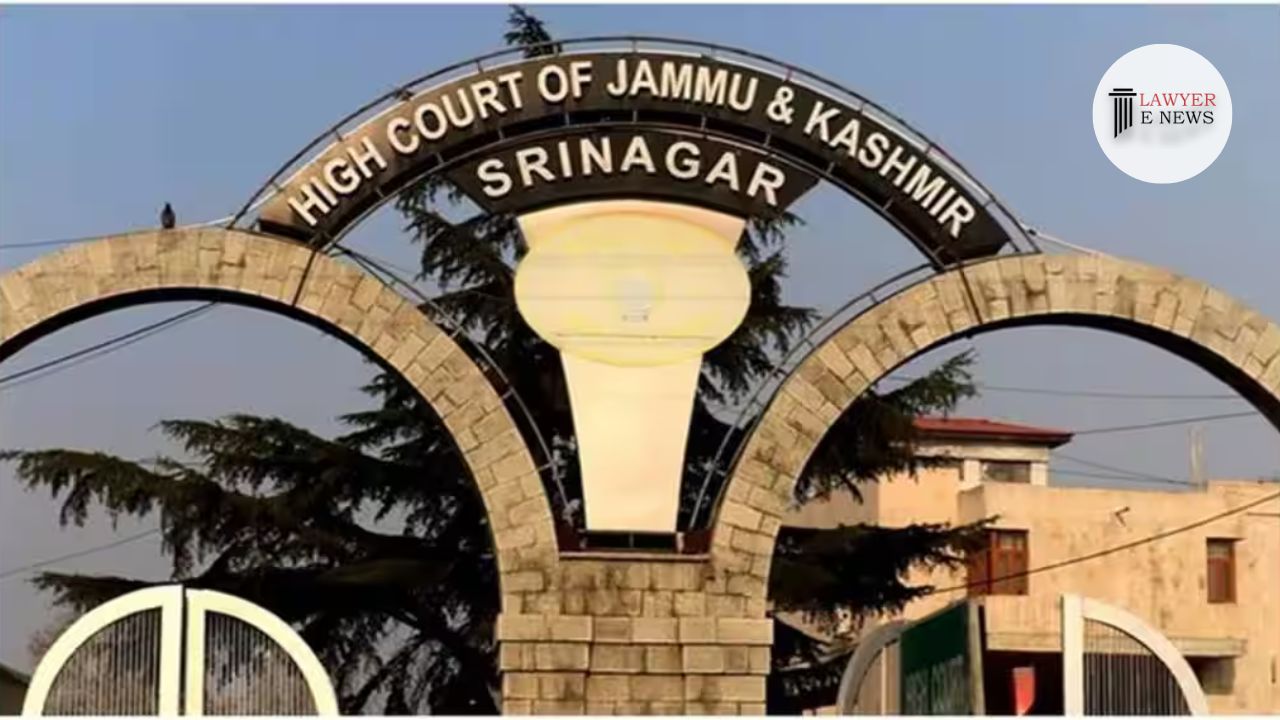-
by sayum
14 February 2026 2:22 PM



In a significant ruling dated May 9, 2024, the Supreme Court of India has set aside a Jammu and Kashmir High Court judgment concerning contractual disputes arising out of a tender awarded for transportation services to the Mata Vaishno Devi Shrine. The apex court held that "disputes purely arising out of contractual obligations should not be entertained under extraordinary writ jurisdiction under Article 226 of the Constitution."
The Supreme Court delved into the intricate details of a legal dispute involving the Municipal Committee Katra and the respondent, Ashwani Kumar. The primary legal question was whether the High Court was justified in using its writ powers under Article 226 of the Constitution to adjudicate a civil dispute concerning contractual damages and enforcement.
The dispute originated from a contract awarded by the Municipal Committee Katra for transportation services. Ashwani Kumar, after becoming the highest bidder, challenged certain terms of the contract which delayed the contract's initiation from its scheduled start. The High Court had earlier ruled in favor of the respondent, granting damages for the loss of revenue due to the delayed start of the contract period.
The Supreme Court meticulously reviewed the application of the principle of unjust enrichment and the maxim 'nullus commodum capere potest de injuria sua propria', meaning no man can benefit from his own wrong. The apex court criticized the High Court’s approach to resolving the contractual dispute through writ jurisdiction, emphasizing that such matters should be pursued through arbitration or civil courts.
Issue of Writ Jurisdiction: The court pointed out that Article 226 is not the appropriate forum for contractual disputes purely of a civil nature, lacking any statutory flavor that would necessitate a writ.
Responsibility for Contract Delay: The court observed that the delay in the contract's initiation was self-inflicted by the respondent, who failed to comply with the contractual terms initially.
Unjust Enrichment and Damages: The apex court disagreed with the High Court's finding that the respondent was entitled to damages due to the shortened contract period, noting that the respondent's own actions precipitated the delay.
Decision: The Supreme Court overturned the High Court’s judgment, reinforcing that contractual disputes should be settled in their appropriate forums and not through writ petitions. The apex court directed that the respondent's claims for damages be dismissed, emphasizing the inappropriate use of writ jurisdiction for such matters.
Date of Decision: May 9, 2024
Municipal Committee Katra & Ors. vs. Ashwani Kumar
